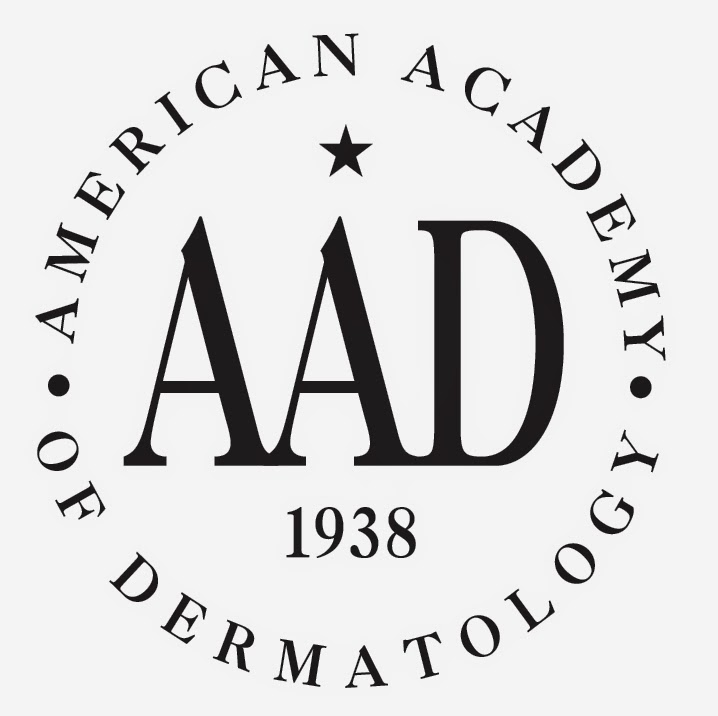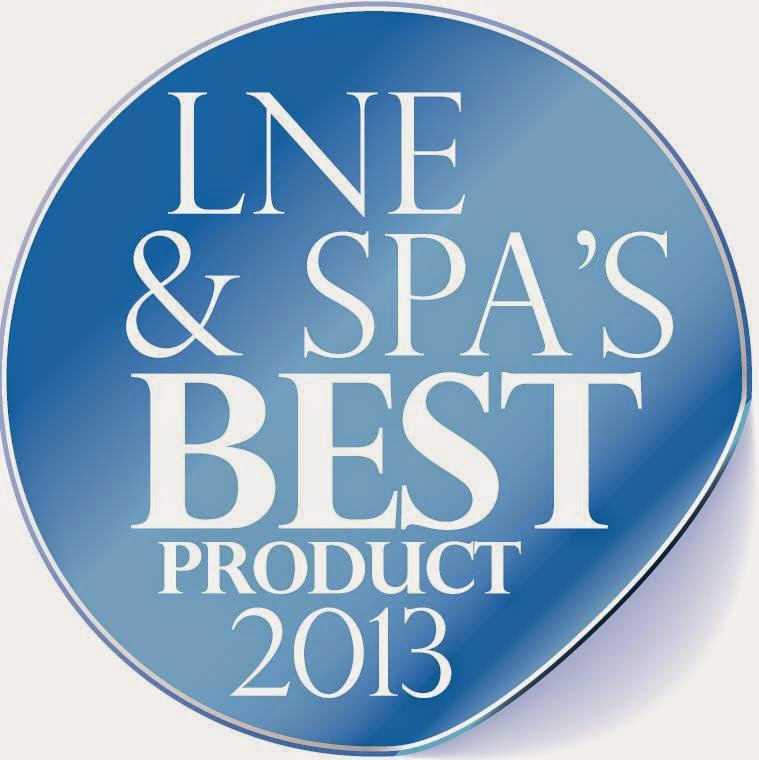Collagen infusion therapy is the perfect treatment for aging skin. Freeze-dried collagen masks enhance moisture levels, hydrate, improve functions of skin capillaries, recover loss of firmness and elasticity, even color tone, oxygenate and stimulate natural skin collagen production. Collagen infusion therapy produces visible plumping of the skin around eyes, mouth and forehead. This specialized facial not only provides a tightening of the skin, but moisturizes, plumps, and reduces wrinkles for up to 3 weeks. Ideally, clients are encouraged to return for a facial once every 3-4 weeks, and the average cost is $150-$180 for an hour – hour and a half facial.
This unique and luxurious treatment infuses collagen and elastin nano-molecules into skin. The result is younger and suppler skin after just one treatment with natural dry-freeze collagen sheet masks. For the best results, choose German masks which are made from the highest quality medical-grade freeze-dried insoluble collagen fibers. It's also preferable to have fragrance-free, hypoallergenic products, to avoid any reaction. These masks come dry, are soaked with an activator solution, and then molded to the face for 20 minutes.
Cleanse the face with a gentle milky cleanser. To hydrate aging skin, it’s advised to use a mild, fragrance-free cleanser based on aloe vera, chamomile, and vitamin E. Remove the cleanser with warm water thoroughly.
Mix a ½ teaspoon of Enzyme Mask with warm water to make a soft paste. Apply EnzymeMask to the whole face for 10 minutes. Turn on the steam and the ozone, and point to the client's face, so the mask stays moist, and the enzymes are active. If you don't have a steamer, use a moist hot towel over the Enzyme mask to keep it from drying up. This mask is based on bentonite clay, oats, and pineapple enzymes, which exfoliate and cleanse out the pores. Enzyme Mask is perfect before extractions. Remove Enzyme Mask with warm water.
1.Perform light manual extractions, if the client has congested pores. Change tissues often to prevent the spread of bacteria.
2.Apply a fragrance-free massage crème and perform European massage. This type of facial massage tones the muscles and stimulates the blood circulation. Remove the massage crème.
3. Hyaluronic acid ampoules are perfect to use with collagen infusion therapy under the pure collagen masks. Wrap the top of the ampoule with a tissue, and snap it open. Apply 1/3 of the ampoule to the palm of your hand, and then to the client’s face, especially to wrinkle-prone areas.
4.Spray the face with pure collagen-elastin liquid. This product serves as an activator for the collagen mask, as well as a light, oil-free hydrator.
5.Fold the mask in half over the client’s face, mark and cut the mask around the nose area. Apply the dry collagen mask immediately over the face quickly and spray with more pure collagen elastin liquid, molding gently to the face and neck with sponges.
6.Slide over the neck and face with a galvanic machine (+) upward to increase absorption for the first 10 minutes. Allow 10 minutes for the active soluble collagen to penetrate by osmosis. Leave mask on the face for no less than 20 minutes. Remove the mask.
7.Apply a peptide moisturizer to the whole face.
8.Spray with sunscreen.
























